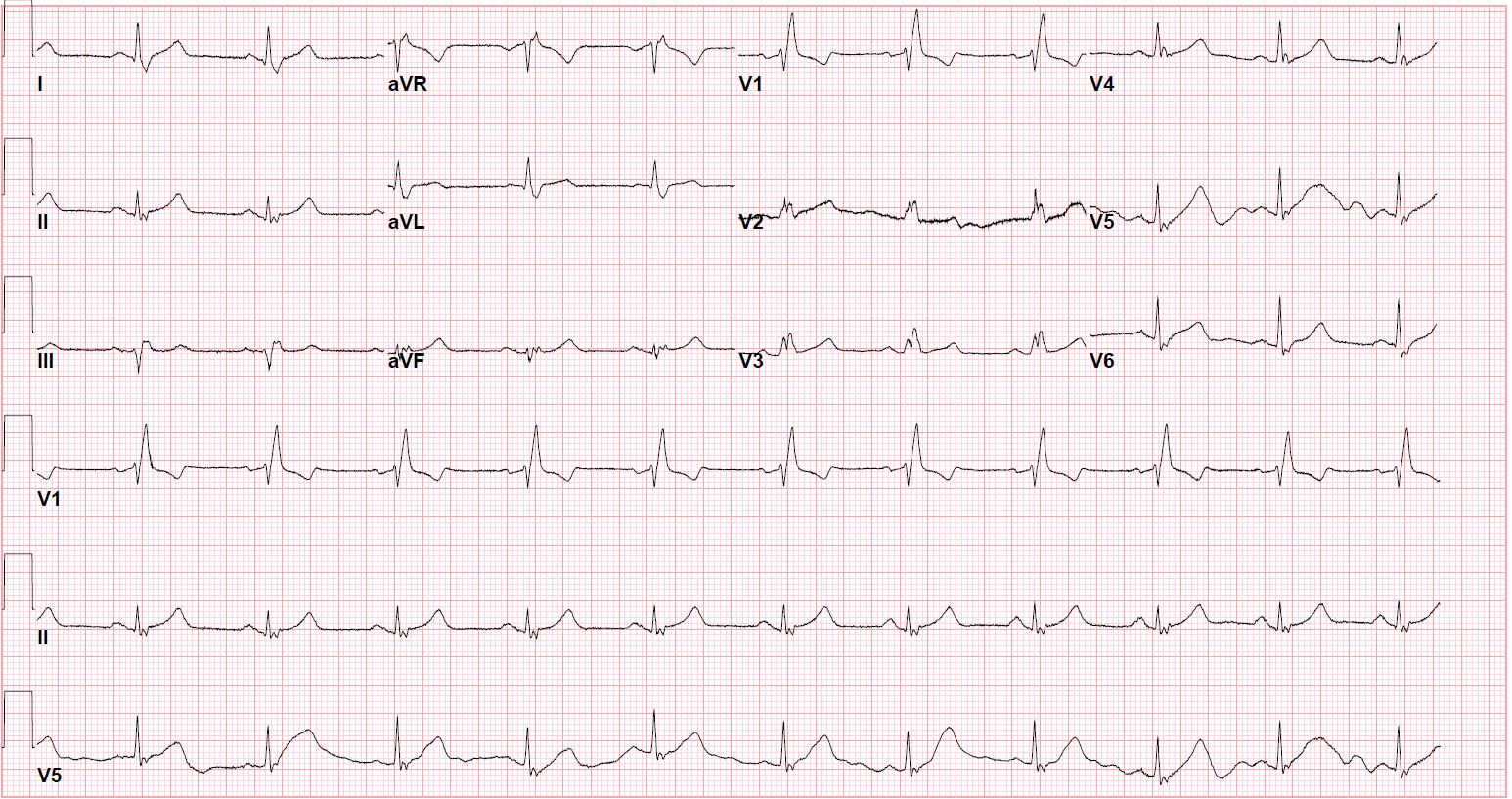Basal metabolic rate or BMR is the amount of heat or energy produced by an individual in a resting state when the digestive system is inactive. BMR indicates the amount of energy necessary to sustain vital body organs in a waking person. A person expends maximum calories to execute basal metabolic activities. An understating of the calories consumed for basal metabolism helps in regulating diet and exercise for an individual.
Basal metabolic rate is the amount of energy expended by the body when at rest. It is measured when the digestive system is inactive, usually after twelve hours of fasting. The energy in this state is utilized entirely for the functioning of the vital organs. BMR decreases with age and also with illness, environmental temperature, and activity of the digestive system.
BMR is the amount of energy lost when a body is at rest in a neutrally temperate environment. In this state, the energy released is used to run the vital organs only. These include the heart, lungs, liver, kidney, skin, the nervous system, muscles, sex organs, and brain. Loss of lean body mass decreases BMR. Cardiovascular exercise helps to increase BMR. Since the basal metabolic rate of an individual contributes maximum to energy expenditure, if the BMR is known it helps to lose or gain weight by preparing a more personalized diet plan.




